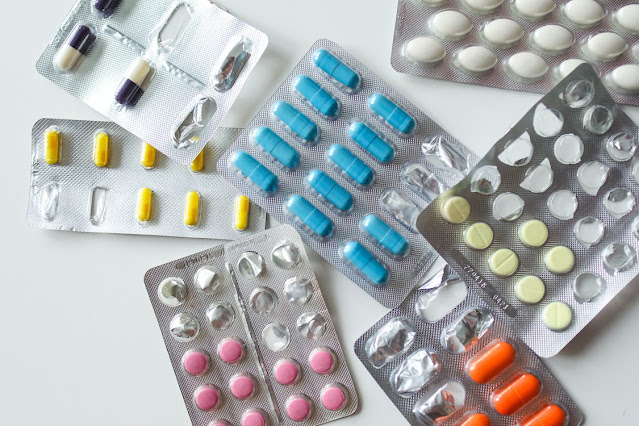What is a Cure?
Cure
Being relieved of an illness implies it's totally gone and isn't returning. For some individuals, fixes address a definitive treatment objective.
Most diseases and conditions
aren’t curable. However, this does not imply that treatments cannot promote health
and the associated sense of well-being.
Understanding what a fix
is (and isn't) can assist you with better comprehension treatment objectives
and how to anticipate the future on the off chance that you're determined to
have a hopeless condition.
What is Pharmacology?
Pharmacology:
It is a science that
studies the effectiveness of the side effects of the use and dosage of
medicine.
The term pharmacology
consists of two words:
1. Pharmaco: means
medicine.
2. logy: means learning.
Originally the word
pharmacology is a Greek word and it was known as pharmacon which means
medicine.
Drug: the word drug is a
French word that means medicine, and it was known as dry herb.
Rudolf Buchheim: he is
the first individual who created the study of medicine (pharmacology). In 1847,
he was born in Germany.
Pharmacology has two
major branches:
1. Pharmacokinetics.
2. Pharmacodynamics.
1.Pharmacokinetics: He
talks about what the body does to the drug. First of all, when a person takes
the drug, the body does the drug in 4 stages.
1. Absorption
2. Distribution
3. Metabolism
4. Excretion/elimination
1. Absorption: it is the
process of absorption of the medicine into the blood by which oral medicines
are made.
2. Distribution: it is
the way that the drug spreads to the body and it is carried by the blood to
distribute it in the body.
3. Metabolism: It usually
occurs in the liver and can also occur in other places such as:
• Plasma
• Kidney
• Lung
Metabolism is the
chemical process of making a drug more active.
2. Pharmacodynamics:
something that consists of two words:
1. Pharmaco = drugs
2. Dynamics =
action/power
Pharmacodynamics:
Pharmacodynamics is what a drug does to an organism, either harmful or
beneficial.
Pharmacodynamics: it also
refers to the chemical reaction that occurs in the body when the drug is
administered and the places where the drug goes and the way it does things.
There are some things
that can affect the strength and effectiveness of the medicine. Among them are:
• Age of the person (age)
• Medicines combined with
other medicines
• Dosage
• Gender of the person
(male/female)
• Malnutrition
• Drug resistance
• Genetic mutation
Pharmacotherapeutics: is
the science of pharmacology combined with therapy.
A pharmacist should be
familiar with pain which will help him to know the relationship between
medicine.
Pharmacotherapeutics: is
the backbone of medicine.
Pharmacotherapeutics It
is often possible to:
• Selection: appropriate
medicine.
• Dosage: the appropriate
amount.
• Duration: The most suitable duration.
Heykal Online



